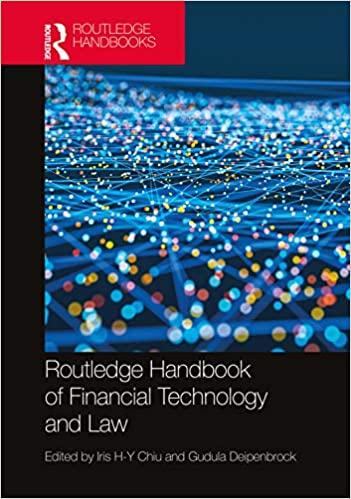Question
When he died in 1790, Benjamin Franklin left $4600 to the city of Boston, with the stipulation that the money and its earnings could not
When he died in 1790, Benjamin Franklin left $4600 to the city of Boston, with the stipulation that the money and its earnings could not be used for 100 years. The bequest grew to $332,000 by 1890. What (equivalent) compound annual rate of return did the bequest earn during the 100-year period?
Answer (needs work shown): 4.37% compounded annually
The Consumer Price Index (based on a value of 100 in 2002) rose from 78.4 in 1990 to 95.4 in 2000. What was the (equivalent) annual rate of inflation in the decade of the 1990s?
Answer (needs work shown): 1.98% compounded annually
Step by Step Solution
There are 3 Steps involved in it
Step: 1

Get Instant Access to Expert-Tailored Solutions
See step-by-step solutions with expert insights and AI powered tools for academic success
Step: 2

Step: 3

Ace Your Homework with AI
Get the answers you need in no time with our AI-driven, step-by-step assistance
Get Started


